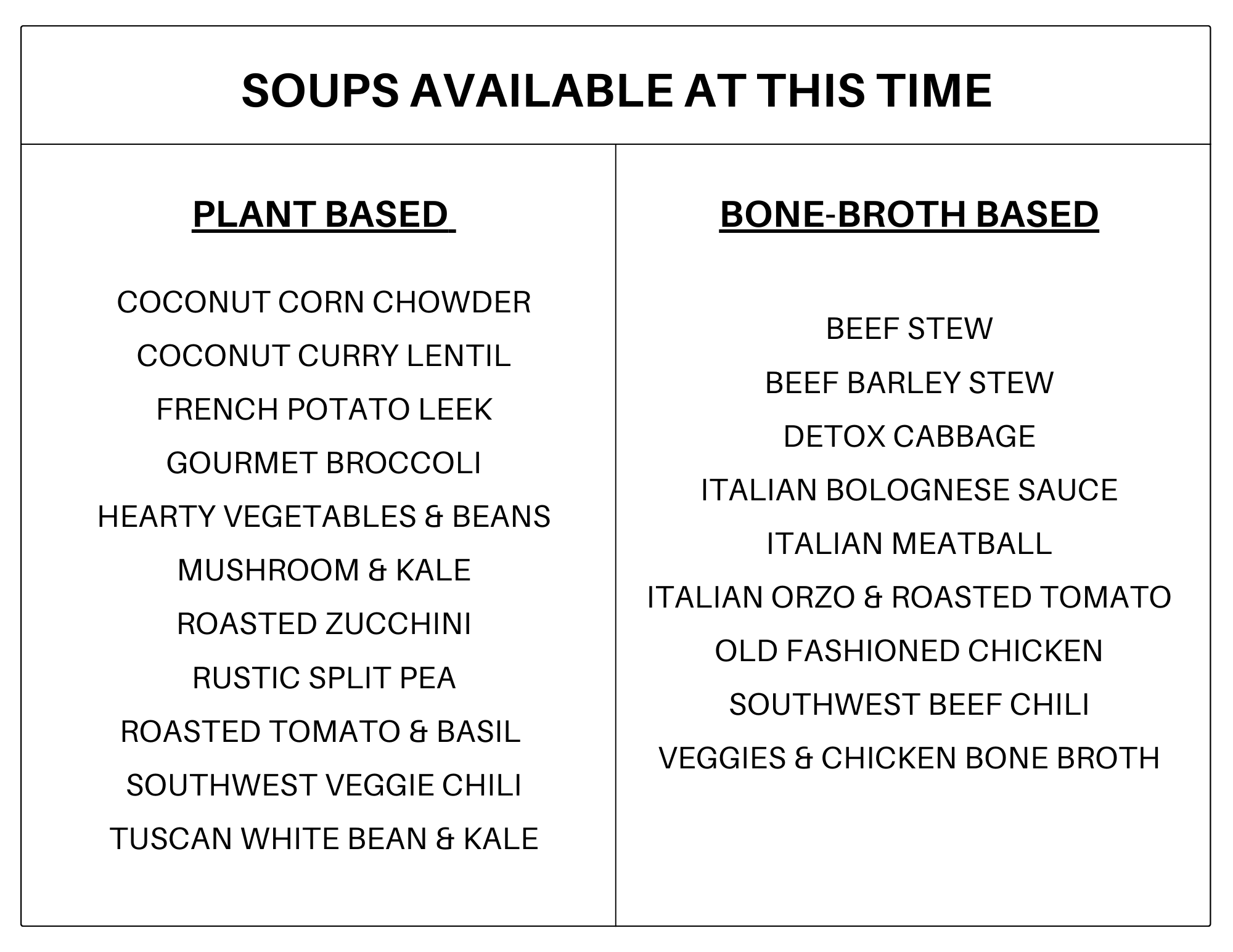Nutrition and Chronic Disease

The Centers for Disease Control and Prevention (CDC) reports that 6 in 10 adults in the US live with at least one chronic disease. 4 in 10 adults in the US have two chronic diseases. Chronic disease is the leading cause of death and disability in the US as a result. In fact, 7 in 10 deaths in the US each year are caused by chronic disease. The worst part of these statistics? The majority of these cases are entirely preventable.
What is chronic disease?
Chronic disease is an umbrella term that encompasses the “conditions that occur for at least one year and necessitate ongoing medical care.” Common chronic diseases seen in US adults include obesity, heart disease and stroke, cancer, and diabetes. Many chronic diseases are interconnected. When one disease is present, it can contribute to the development of other diseases. For example, obesity is a risk factor for other conditions, including type 2 diabetes, hypertension (high blood pressure), and certain cancers.
The American Society for Nutrition reports that while there are genetic and environmental causes for many chronic diseases, a person’s risk can be influenced by lifestyle factors, which include physical activity, nutrition, smoking, and alcohol intake. The CDC estimates that just by eliminating poor diet, physical inactivity, and smoking, 80% of heart disease and stroke, 80% of type 2 diabetes, and 40% of cancer cases can be prevented.
Why is nutrition important for chronic disease?
There is a very clear link between the food we put in our bodies and our risk for chronic disease. Research published in Nature Medicine showed that adherence to a healthy diet was associated with a decreased risk of major chronic diseases. These “healthy diets” prioritize more fresh fruits, vegetables, and whole grains, while decreasing sodium and saturated fat intake.
It makes sense that what we use to fuel our bodies can have a direct impact on how our bodies will function. Eating too much sodium, for instance, will cause the body to retain water to dilute the excess sodium. The increase in water leads to a higher blood volume circulating in the bloodstream, which then requires the heart and blood vessels to work harder to regulate the imbalanced system. This is what causes hypertension (high blood pressure), which can lead to heart attack, stroke, and in some cases, heart failure.
How can nutrition help with chronic disease prevention and management?
Healthy eating habits will help with reducing risk for chronic disease or reducing the severity of chronic disease symptoms for those who have been diagnosed. Healthy eating for chronic disease prevention and management can come from a careful balance of reducing harmful foods that are high in sodium and saturated fats, while increasing intake of less processed, plant-derived foods.
Most importantly, having more fruits, vegetables, and whole grains in your diet will increase the amount of antioxidants in your body, which can help defend against harmful free radicals that cause cell damage and oxidative stress in the body. Common antioxidants, such as vitamin K, Vitamin E, and beta-carotene, have been shown to protect against chronic disease onset and progression.
At Organic Soup Kitchen, we are driven by the impact that good nutrition can have on keeping the body as healthy as possible. We procure only the highest quality ingredients to ensure that each of our soups is packed with the nutrients your body needs to help fight and manage chronic diseases.
References
Centers for Disease Control and Prevention. About Chronic Diseases | CDC. Published July 21, 2022. https://www.cdc.gov/chronicdisease/about/index.htm
Antioxidants. The Nutrition Source. Published September 18, 2012. https://www.hsph.harvard.edu/nutritionsource/antioxidants/
Noce A, Romani A, Bernini R. Dietary Intake and Chronic Disease Prevention. Nutrients. 2021;13(4):1358. doi:10.3390/nu13041358
American Society for Nutrition. Nutrition and Chronic Disease. https://nutrition.org/nutrition-and-chronic-disease/
Wang P, Song M, Eliassen AH, et al. Optimal dietary patterns for prevention of chronic disease. Nat Med. 2023;29(3):719-728. doi:10.1038/s41591-023-02235-5
Salt and Sodium. The Nutrition Source. Published July 18, 2013. https://www.hsph.harvard.edu/nutritionsource/salt-and-sodium/
Gropper SS. The Role of Nutrition in Chronic Disease. Nutrients. 2023;15(3):664. doi:10.3390/nu15030664
- Tags: cancer diet Nutrient rich


